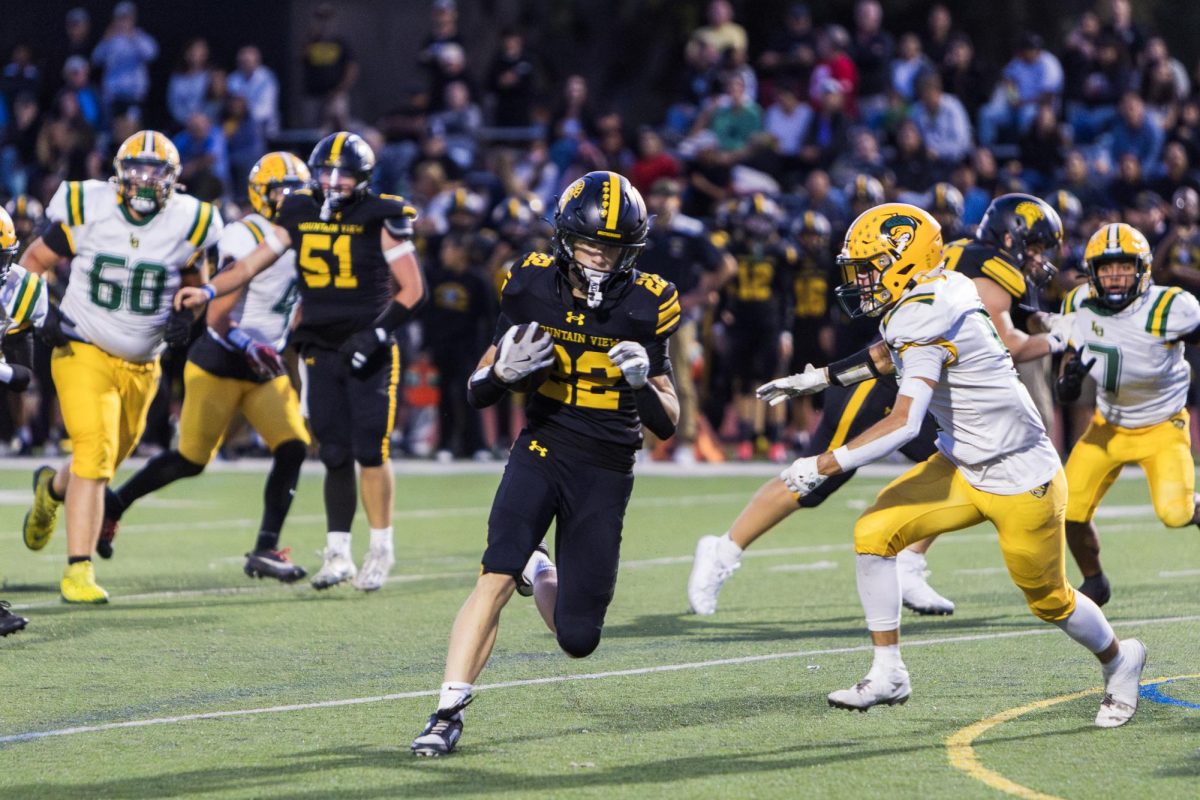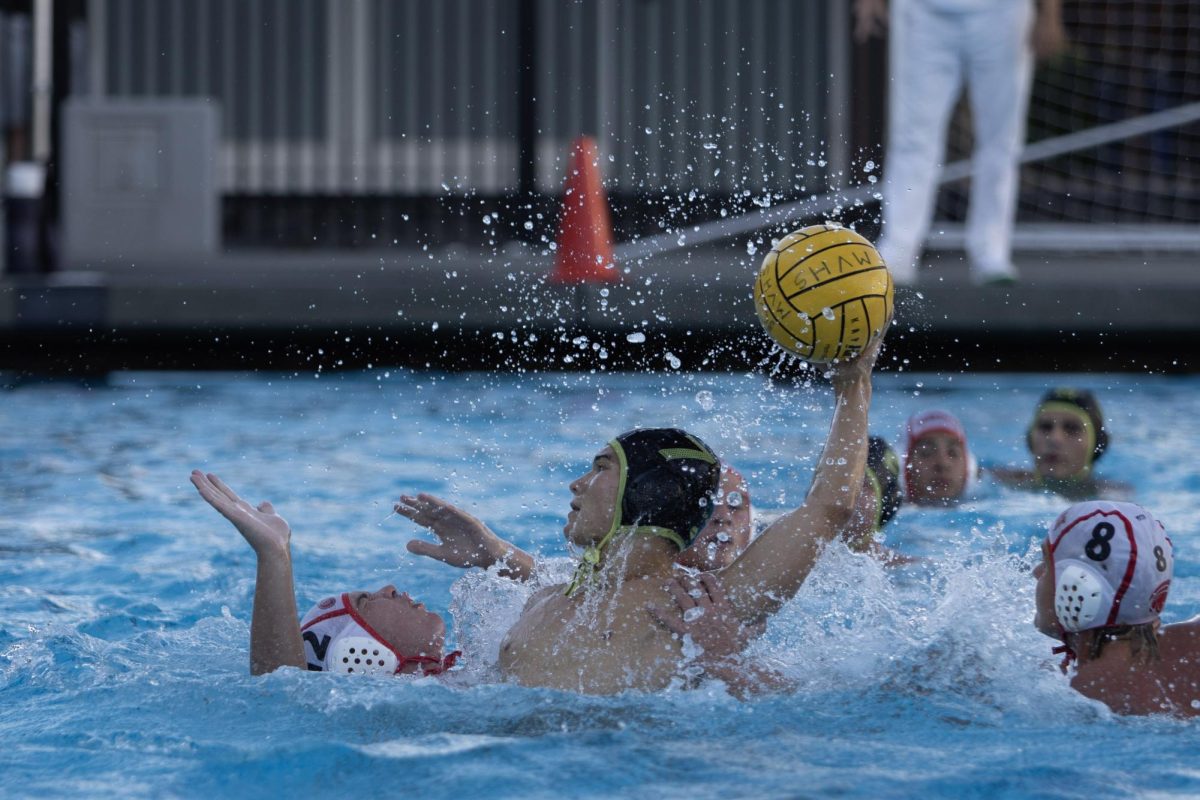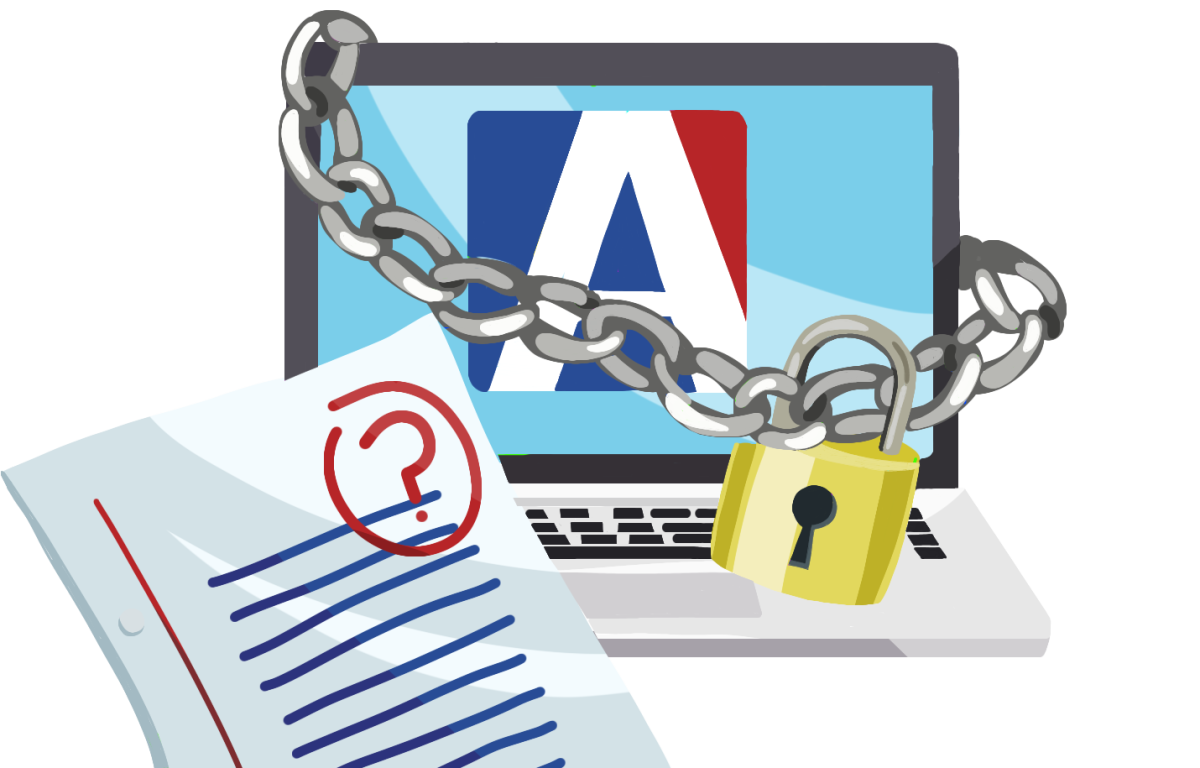A rough school week may include a big English project due Friday in fourth period, a math test on block day, rehearsals after school every day, and club meetings during lunches — but a rough school week starts with an alarm clock.
We all hate waking up for zero or first period, five out of seven days a week, at a ghastly six or seven in the morning, right? Zero period students spend at least half of their school year making their way to school before the sky is even light out. Some of us even need multiple alarms, with titles like “Wake up, loser” and, five minutes later, “No seriously, wake up!”. The alarm names may be cute and help you feel more “quirky,” “original,” and ” hilarious,” but they will not enact change.
Yet at many schools, change is happening.
Some schools are pushing back their start times to a little later and seeing results in better test scores, less accidents, and happier students.
A later school start time benefits more students, because not all students are “morning people” — a label that is being discovered to actually have some genetic basis to it. Scientists have linked a gene called the ABCC9 gene as making some people more equipped for less sleep and early mornings while disadvantaging those who carry a different type of the gene. There’s also an old theory that our morning person/night person differences are rooted in our prehistoric ancestors, who took watch either by day or by night. Specifically with teenagers, though — because we are going through or have recently gone through puberty — our ‘circadian rhythm’ is changing, meaning we feel ready to fall asleep later and ready to wake up later.
The only things that get in the way of a later school start time are athletics and transportation. However, a later school start time gives students more time to ride their bikes, walk, or carpool and, if only a little bit later, usually does not get in the way of parents leaving for work. And at such an academic school as MVHS, if lack of sleep is getting in the way of students learning, that should be a priority over the timing of sports practices.
A progressive school such as MVHS should embrace an opportunity to improve the quality of its students’ learning and lives, by shifting school start times to better fit the changing circadian rhythm of its teenaged students, allowing them (us) to get more sleep and perform better as students and humans.



































